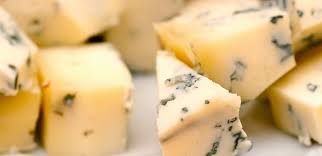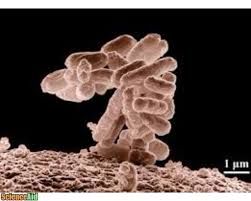How Useful Microbes Are?
Feb 10, 2019 • 31 views
Are all microorganisms harmful? You would be surprised to know that we use microbes every day. Not each and every microorganism are harmful. There are various microorganisms which are not only advantageous but also necessary for some of our essential food products.

Microbes around us
The most common example is the preparation of curd from milk. Micro-organisms such as Lactobacillus and others commonly called lactic acid bacteria (LAB) grow in milk and transform it into curd. During its growth, the LAB produces acids that coagulate and partially digest the proteins. A small amount of curd added to the fresh milk as inoculum or starter contain millions of LAB, which at suitable temperatures can multiply, thus converting milk into curd, which also improves its nutritional quality of milk by increasing vitamin B12. In our stomach too, the LAB plays a very beneficial role in checking disease-causing microbes.
The doughs, which are used for making foods such as dosa and idli are fermented by bacteria. The puffed-up appearances of doughs are due to the production ofCO2 gas.Similarly, the doughs, which are used for making breads, is fermented using baker’s yeast (Saccharomyces cerevisiae). A no. of traditional drinks and foods are made by fermentation by the microbes. ‘Toddy’, a traditional drink of some parts of southern India is made by fermenting the sap from palms. Microbes are also used to ferment fish, soybean and bamboo shoots to make foods. Cheese is one of the most oldest food items in which microbes were used. Different varieties of cheese are known by their characteristic texture, flavor, and taste, but most importantly these were distinguished by the specificity coming from the microbes used. For example, the large holes in ‘Swiss cheese’ are due to the production of a large amount of CO2 by a bacterium named Propionibacterium shamanic.The ‘Roquefort cheese’ are ripened by growing specific fungi on them, which gives them a particular flavor.

Food microbiology has become an emerging branch nowadays. In India, there are various institutes which offer B.tech degree in Food Engineering and Technology. For more information regarding food microbiology:
